A two-day workshop
When managers have too many decisions to make, it can have a serious impact on the speed and efficiency of the organisation. When those decisions are commercial ones, the results can wreak havoc with the bottom line.
Often the problem arises when those below them or in operational areas of the organisation aren’t equipped or allowed to make a decision for themselves. Issues get passed back up and that wastes time.
This programme provides a solution, giving your entire team the skills to make faster, better commercial decisions, seize commercial opportunities as they arise, provide well thought-out recommendations, and most importantly, they’ll be able to do this in line with the broader aims and commercial objectives of the business.
- Fully appreciate the importance of effective decision-making in business
- Use the five-step ‘Stop, Think, Act!’ decision-making process
- Stop leaping to conclusions
- Really understand the situations and decisions they are dealing with
- Identify good options
- Evaluate those options
- Make decisions and then put them into action
- Apply these tools and techniques to all their decisions in future
Expert trainer
Neil is a highly experienced trainer and coach specialising in developing managers and leaders and, in particular, developing the performance of organisations through better decision-making.
Session outline
1. Understanding the business we work in
- What are the critical factors in our business?
- What is the SWOT analysis for our business?
2. Understanding what decision-making is
3. Background
- Culture of ‘having to be doing’
- To change things we have to think about it!
- We are paid to make decisions!
4. Recognise the opportunity to make a decision
5. The ‘Stop, Think, Act!’ technique
6. STOP!
- Recognise the opportunity to make a decision
- Don’t leap to conclusions
- Get ready to think
- Initial questions:
- Is this my decision? (Do I have the authority?)
- Who is this going to affect? (Do they need to be included?)
- When do I need to make the decision? (What’s the timeline?)
7. THINK!
- The 3 Cs – making sure we understand the decisions we have to make
- What is the context of this decision?
- What is the overall situation?
- Why is this decision important?
- What do we need to achieve?
- What will success look like?
- Do I have clarity about the decision I need to make?
- Can I write it down?
- Can I express it clearly in two sentences?
- What are the criteria?
- What are the critical commercial factors that we will use to select our options?
- What will we use to measure the business success?
8. ACT!
- Identifying options
- What data do I need to collect?
- Issues with today’s overload
- Identifying what will help you
- Select options:
- How many options?
- Must match your criteria
- Must achieve success
- ‘Decision compass’ exercise
- Analyse options:
- Tabular method
- Risk analysis (likelihood v effect)
- Head, heart and gut (is there any organisational history/bias that we are up against?)
- Making your decision
- Taking it to action:
- First actions
- Planning how to make it happen









